EFL concluded Phase III of the Kelani River Water Quality Restoration Programme, which was funded by The Asia Foundation. The project was EFL’s latest intervention to restore the deteriorating water quality of Sri Lanka’s most polluted river, which supplies 80% of water to Greater Colombo. Factory waste from industrial zones, as well as garbage dumping by riverine communities, has degraded river ecosystems which is turn support livelihoods and provide crucial ecosystem services.
In this phase, EFL extended its awareness raising efforts upstream, targeting communities and local government officials in the Kegalle and Ratnapura Districts, in addition to Colombo and Gampaha. During these workshops approximately 200 divisional secretaries, agriculture and environment officers and grama niladharis and representatives from community-based organizations were educated on the effects of pollution on the environment and health. The sessions included a segment on how to identify industrial pollution. Apart from giving different stakeholders a chance to share and discuss their own experiences, during the workshops communities were able to form a line of contact to a designated government officer, to make their monitoring efforts more effective.
EFL also conducted an awareness programme for a hundred students of the Kelani Maha Vidyalaya on the status of the Kelani River and effective waste management practices. Many of these students have parents that are employed in small and medium industries along the river, an added objective of the programme is that this awareness reaches parents and in doing so they play an active role in curbing industrial pollution.
EFL also supplemented data collected from previous phases of the project by conducting road surveys to map potential sources of industrial pollution. These pollution maps and data play an important role in monitoring pollution and water quality in the future.
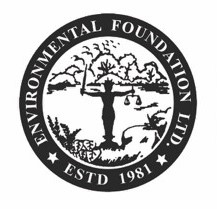
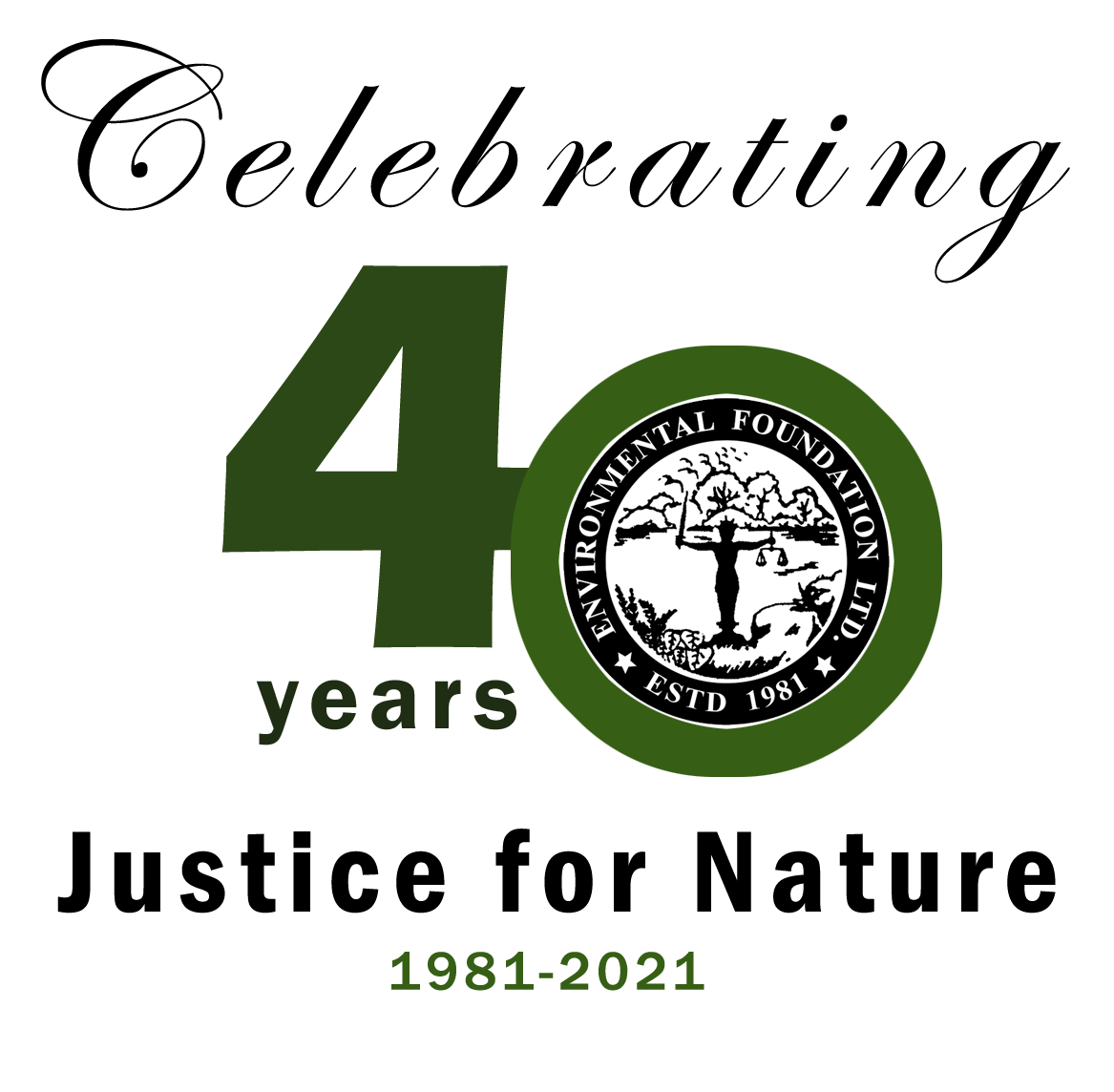


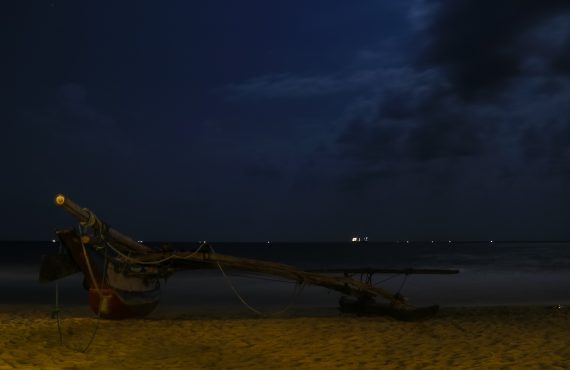
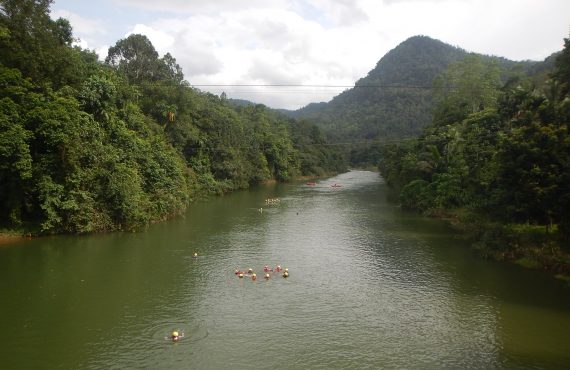


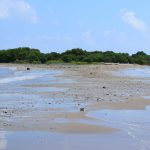

No comments yet.